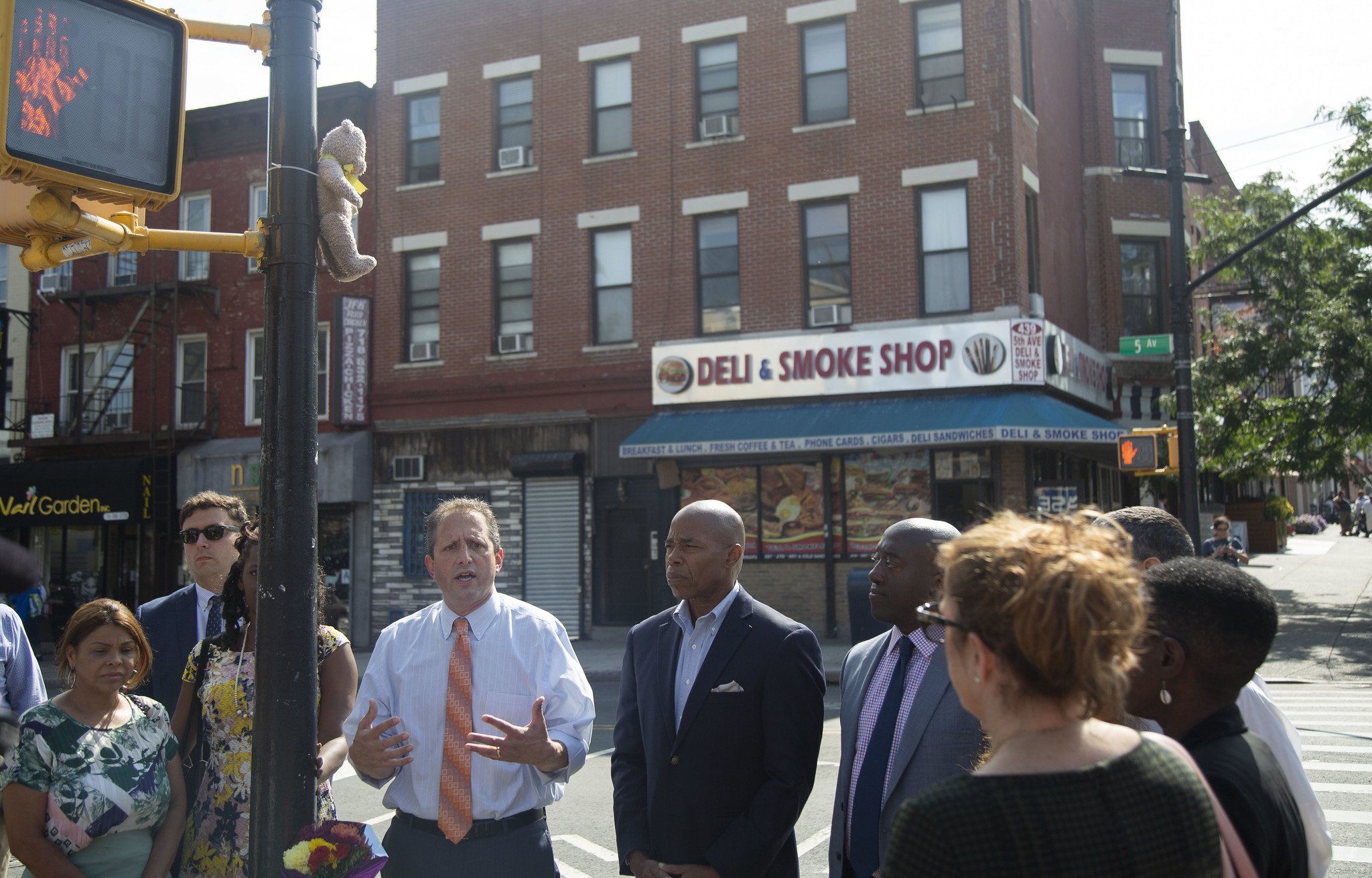Adams, Lander join forces to make sure nonprofits get paid
/Mayor-elect Eric Adams and Comptroller-elect Brad Lander are beginning their partnership with a task force examining how to speed up payment to nonprofits with city contracts. City Council photo via John McCarten/Flickr
By Rachel Vick
New York City’s mayor- and comptroller-elect hosted the first meeting of a transition task force working to identify the best ways to streamline the city's contract process.
“A Better Contract for New York: A Joint Task Force to Get Nonprofits Paid On Time,” created by Eric Adams and Brad Lander, features members from city agencies and community organizations who will offer insight on improvements for how nonprofits that work with the city get paid.
“NYC's nonprofit human service sector provides essential resources to New Yorkers, and their support has been needed more than ever during the pandemic,” Lander said. “Reforming our procurement process to get contracts done and paid on time so that nonprofits can continue to provide those essential services is a top priority to ensure our city lives up to its promises.”
In a 2019 analysis from Comptroller Scott Stringer, 81 percent of all contracts to nonprofit human service providers were not registered — a step that is required before they can begin to submit invoices — until after the contract’s start dates had already passed.
Nearly 40 percent of contracts were registered more than six months late, which puts nonprofits into financial uncertainty while they wait for payment from the city. According to the report, the consistent delays discourage minority- and women-owned businesses from competing for city contracts.
“The City cannot deliver critical services to New Yorkers without our nonprofits—and so they must be treated fairly and responsibly by government,” Adams said.
Issues the task force will work to address include reducing the delays in payment, improving the contracting systems used by the city, and increasing public transparency in the contract registration and payment process.
Chairs Amy Sananman and Annie Levers are joined by more than 30 representatives from agencies and organizations, including Queens Community House Executive Director Ben Thomases, who told the Eagle the early collaboration with the incoming administration is a good sign.
“I'm really hopeful we're going to come out of it with concrete solutions that will make it better for everyone,” Thomases said. “The delays in contract negotiation and delays in payment for non profits are something that impact millions of New Yorkers even though they don't realize it [because] it impacts the ability of service providers.”
The struggle of bringing together the services stipulated in their city contracts and the finances necessary to support the efforts is one that hits close to home for Thomases, who said the issue has been “a daily struggle” throughout his seven years leading the QCH team.
“We have dozens of government contracts that make it possible to deliver services we provide and getting paid in a timely way is a daily struggle and it takes up…more time than we should have to spend,” he said. “I want to spend all my time focused on programatic excellence and I want my staff to spend their time on that too, so when we have to worry about money we've been owed for over a year then it's a distraction.”
Thomases said he was heartened by the fact that this issue was not only being tackled by the incoming mayor, but by the comptroller, as well.
“I think it's a good sign the mayor and comptroller have come together to create this task force and they see it as enough of an issue to have a transition task force to some together on it,” Thomases added. “It's hopeful and it's different — it means they’re committed to working together as a team for the nonprofit sector and the people we serve.”




